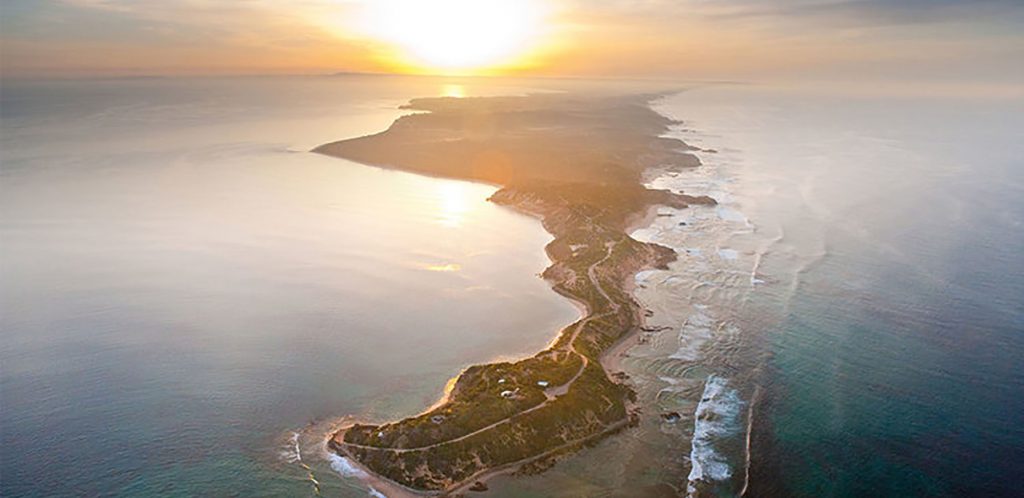TEM Stories: The paradox of the perfect climate policy

As a somewhat introverted person, I’ve always sought out solitude and time away from large groups or constant interactions. Maybe that’s why I’ve adapted quickly to self-isolation, and for the most part, enjoyed working from home during Covid-19.
However, growing up, my fondness for quiet places meant most of my free time was spent outdoors. I know that’s where my passion for the environment started. Every day after school I’d either be down at the beach or exploring the nature reserve at the back of my family home. I loved spending hours there, sometimes doing nothing at all but contemplating the beauty of nature. The famous quote from Lord Byron sums up my attitude to the environment well:
“There is a pleasure in the pathless woods, there is a rapture on the lonely shore, there is society where none intrudes, by the deep sea, and music in its roar: I love not Man the less, but Nature more.”
If you love something, you want to work to protect it; so a deep desire to work outdoors and protect nature drove my initial career choice. I pursued a degree in wildlife and conservation biology with my end goal of becoming a park ranger. I viewed the ranger career as the most straightforward way to work in and protect the environment. In this role I could take pragmatic steps each day that would have an impact.
My degree later broadened, but by the summer of 2010, I was a ranger at Point Nepean National Park. This park is ancient, holding deep routed connections to the Bunurong People of the Kulin Nation as well as playing an important role in European settlement and the early defence of Australia. Its unrivalled natural and historical beauty is one of, if not my favourite place to be in the world, which is why I proposed to my wife there, but I digress.
With an office overlooking the Ticonderoga Bay Dolphin Sanctuary and getting paid to do what I love; I should have been content. I was taking practical action in the field and seeing the results. However, I couldn’t escape a concern in the back of mind. It was an issue I had been exposed to during an elective subject in the final year of my undergraduate degree – climate change. The complexity of the problem, its global reach and the dire consequences not only for the environment but the fabric of human society if left unabated, was often on my mind. The itch was too great, and I decided I would leave the ranger route and take on postgraduate studies in climate change.
Originally enrolled in climate science, it was out of interest for the broader issue that I attended several climate policy and economics courses and decided to switch faculties. It appeared to me that the only way to have a real impact on the human response to climate change was to be involved in and working on government policy. So, from that point I pursued every opportunity to work in government and to be involved in some way in the development and implementation of climate change policy.
In my postgraduate work I had studied the economics behind different policy mechanisms and how they could be employed to address the negative externality of climate change; whether it be taxes or trading schemes. There seemed to be some general consensus among academics on several mechanisms that would be most effective. Research and theory demonstrated that if we developed and implemented a combination of these policies, we would be on our way to mitigating the impacts of climate change. So, I naturally expected to be working on one of these policies when I finally entered the public service.
The reality was quite different. Others will know the last decade of climate policy in Australia far better than I, but for me the experience was a long, often convoluted process where the messaging and potential media response to a policy mattered more than the quality of the policy itself. The ideological war that has clearly plagued climate politics at the highest level trickled down to the wider actions of the public service. I often asked myself why weren’t we designing and implementing the policies that the world’s best economists recommended? With the ambition that the science and scientific community demanded? Why was I writing talking points on the benefits of a policy that I knew would do little and perhaps only act as a tool to delay real action. As a graduate it was frustrating, but more importantly I couldn’t see that my work would directly contribute to solving the climate change problem.
However, I still held strong in my belief that it would be policy, and only policy, that would cause the shift in action on climate change in Australia. While I enjoyed my time as a public servant and got the opportunity to work with some amazing people on many different aspects of climate change, the sensible policy mechanism that would turn the tide in the fight against climate change always seemed to be on the horizon. The next election would bring that policy change we needed, or so I thought.
While it remains a necessary ingredient, I don’t think that policy is what will turn the tide anymore. The focus of our work at Tasman Environmental Markets (TEM) has shown me otherwise. It’s the choices that the average consumer makes on a daily basis: the flight they offset or the carbon neutral beer they drink. It’s the business that makes the voluntary commitment to reduce their own impact, set targets and finance emission reductions that will drive the action we need.
They’re making these choices because they understand the urgency of taking action to address climate change – not because they are required to do so under law. The perfect combination of policies to address climate change has not emerged. There’s a chance it never will. So, while we can’t rely on the policy cycle to fuel action, we can pressure and reward the corporate leaders who are.
I am just as committed to protecting the environment as when I was a ranger, and now, like then, I see the actions I take a on a daily basis at TEM having an impact. We are facilitating the action required to address an issue that I really care about, climate change. On my short journey I have learnt that we do not, and cannot wait for the perfect policy, we can all take voluntary action to address climate change right now.



